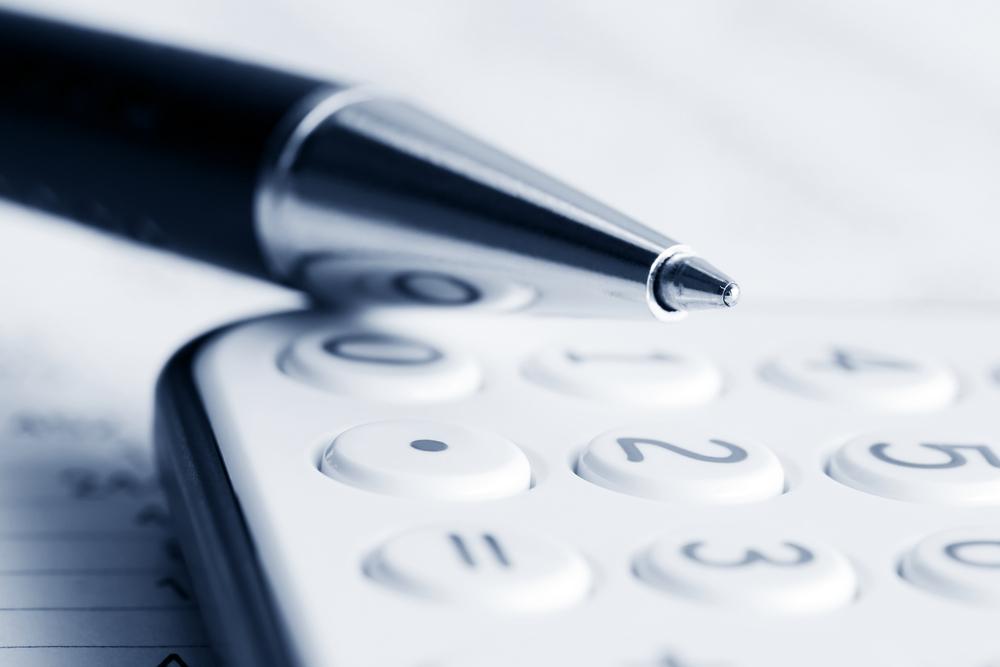Essential Money Management Strategies for Financial Success Today
Learn 13 effective money management tips to enhance your financial health today. From budgeting and automation to investing and debt reduction, these strategies help you build lasting wealth and peace of mind. Start cultivating better financial habits now for a secure future.

Essential Money Management Strategies for Financial Success Today
Effectively managing personal finances is a vital skill that can lead to long-term stability and peace of mind. While it might seem overwhelming at first, adopting practical daily habits can significantly improve your financial health. Many financially successful individuals rely on straightforward routines, which help them avoid unnecessary expenses, reduce stress, and build wealth steadily. Whether you're just starting out or looking to refine your current money habits, implementing these 13 proven tips can set you on the path toward greater financial independence and security.
Pay bills on time consistently
Timely bill payments are fundamental to maintaining a solid credit score and avoiding late fees. Set up reminders or automate payments to ensure you never miss a deadline, thus protecting your creditworthiness and avoiding costly penalties.
Designate funds for personal needs and savings
Allocating a portion of your income for daily expenses, emergency savings, and future investments is crucial. Striking a balance between enjoying your current lifestyle and preparing for the future ensures both well-being and stability.
Automate your payments and savings
Utilize bank features to set automatic transfers for bill payments, loan installments, and savings. Automation reduces the likelihood of missing deadlines, encourages disciplined saving, and streamlines your financial routine.
Adhere to a disciplined budgeting plan
Creating and following a detailed budget helps control impulsive spending and keeps your expenses within realistic limits. Regularly reviewing your budget enables you to adapt to changing financial situations and goals, ensuring continuous progress.
Avoid reckless credit card use without the ability to repay. Excessive reliance on credit can lead to debt traps and financial instability.
Invest wisely and focus on reducing debt
Prioritize investments that offer steady growth, such as mutual funds, ETFs, or retirement accounts. Simultaneously, aim to pay down high-interest debt promptly to decrease interest costs and improve your financial standing.
Save small amounts regularly
Collect spare change or small savings from everyday expenses and deposit them into your savings account. Over time, these small contributions can accumulate into a significant emergency fund or investment pool.
Additional Tips for Financial Excellence: Lessons on Money from Past Presidents
Prefer debit cards over credit cards
Debit cards help you spend within your means and facilitate better expense tracking. Limiting credit card usage prevents debt accumulation and costly penalties.
Build a robust emergency fund
Having savings set aside for unexpected events like medical emergencies, job loss, or urgent repairs can shield you from financial crises.
Maintain multiple bank accounts
Use separate accounts for daily expenses, savings, and emergencies. This organization simplifies tracking your finances and ensures your funds are allocated appropriately.
Control impulsive buying behavior
Practice restraint on spontaneous online shopping and unplanned expenses. Developing mindful spending habits can preserve your finances and help you reach your savings goals faster.
Spend within your means
Limit expenditures to necessities and planned indulgences. Avoiding unnecessary expenses ensures your financial stability remains intact, even during economic downturns.
Allocate funds for specific goals
Set clear budgets for entertainment, shopping, and savings. This method prevents overspending and keeps you focused on your financial priorities.
Review bank balances daily
Take a minute each day to check your accounts. Being aware of your cash flow helps you detect discrepancies early and adjust your spending behavior accordingly.
Stay informed on Personal Finance. To receive more tips and updates, like us on Facebook and follow us on Twitter.





